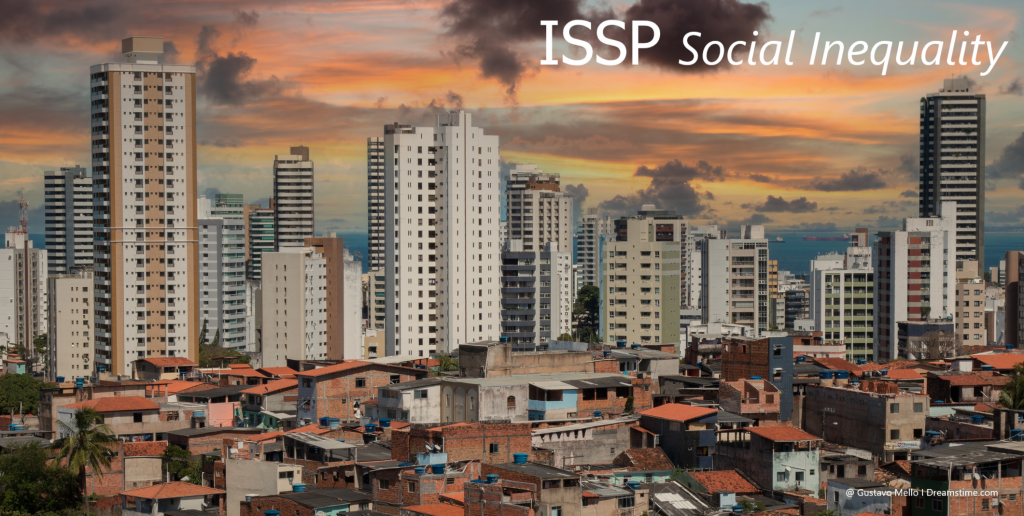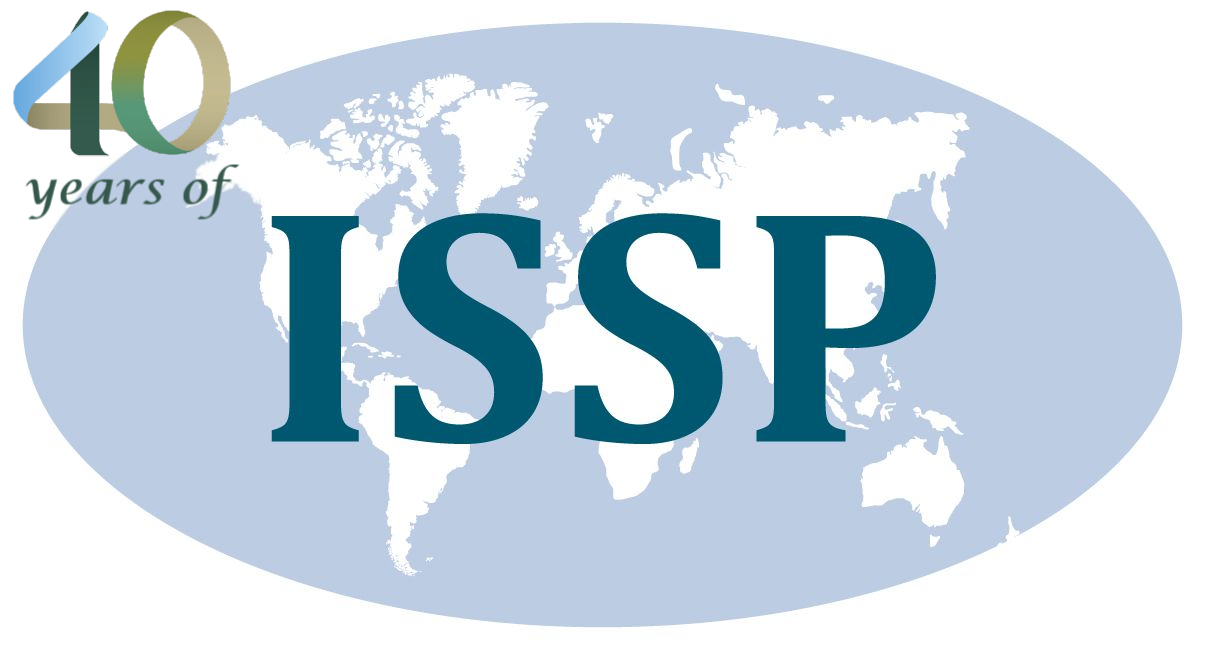Social Inequality

The ISSP Social Inequality Module (1987, 1992, 1999, 2009, 2019)
In 1987, against a backdrop of economic downturn and rising inequality, the ISSP designed and fielded the first round of a cross-national module on social and economic inequalities from a citizens’ perspective. Over subsequent decades, the ISSP Social Inequality module expanded its global reach and has become a well-renowned resource in comparative research on the evolving global landscape of inequality. It contains a unique combination of extensive time series on public beliefs about inequality and socioeconomic conditions, along with innovative topics that address contemporary debates in inequality research.
“The ISSP Social Inequality Module provides the research community with an invaluable resource – a high-quality, policy-relevant data series which enables beliefs about economic inequalities and redistributive preferences to be examined over time and in comparative perspective. The coverage and content of the module offers immense potential to develop a more nuanced understanding of how perceptions of inequality around the world are responding to changing socio-economic circumstances.“
Drs Ben Roberts and Jarè Struwig (South Africa), Conveners of the Drafting Group of the 2019 ISSP Social Inequality Module
The overarching objectives of the module can be described as follows: (i) to produce individual-level data to rigorously test theoretical hypotheses in the field of inequality research; (ii) to understand citizens’ perceptions and beliefs about inequality and their social and political consequences; and (iii) to leverage the analytical potential of a cross-country approach in studying various facets of inequalities across different geographical, historical, and institutional contexts.
Apart from the initial wave of the Social Inequality module in 1987, there have been four subsequent rounds to date, in 1992, 1999, 2009 and 2019. With participation increasing dramatically from 11 countries in 1987 to 33 countries in 2019, the ISSP Social Inequality module continues to provide valuable insights into individuals’ beliefs, experiences, and conditions regarding inequality across nations and world regions.
The ISSP Social Inequality module has covered a set of core replicate themes that have been widely used for research over the last four decades. These topics include beliefs about opportunity, perceptions of occupational earnings, concerns about inequality, attitudes towards social policy, redistribution and taxation, market inequality in social services, global inequality, social conflict, subjective social class and mobility, pay criteria, images of societal structure, and occupational social mobility. Each topic addresses critical issues in understanding societal attitudes towards inequality and socioeconomic conditions.
A set of new themes has additionally been included in each round to advance the comparative understanding of inequality beliefs amid changing times. The 2019 module specifically introducing items on reducing inequality by market actors, government (in)efficacy in reducing economic inequality, the lived experience of inequality, as well as items on economic insecurity, deprivation and social trust.
The progression of the Social Inequality module from 1987 to 2019 has opened up remarkable opportunities for monitoring socioeconomic change and conducting detailed and rigorous comparative analyses. This has, and will continue to, deepen knowledge about social and economic inequalities within different societies, and how citizens around the globe view and respond to these dynamics. The richness of the ISSP Social inequality module data, both in terms of the number of countries involved and the long timespan covered, facilitate analytical approaches that incorporate time series and cross-national comparisons. It also opens possibilities for collaborative comparative studies that combine survey research evidence with “hard” economic data to push our knowledge further. This is crucial given the prevailing context of global uncertainty, economic insecurity and growing social need.
The ISSP Social Inequality Module is a good starting point for anyone searching for publicly available (open access) data to study various aspects of inequality from a broad comparative perspective.
Profs. Jonas Edlund and Arvid Lindh (Sweden), Members of the Drafting Group of the 2019 ISSP Social Inequality Module
